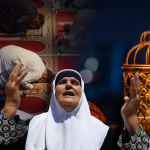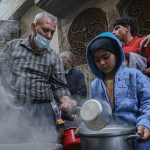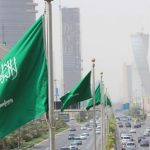5 Financial Lessons That Ramadan Teaches

Ramadan or the holy month of giving teaches us a lot of things. But the best thing it teaches us is how to be wise about our finances too. As the ninth month in the Islamic calendar, it is greatly significant from the perspective of self-reflection, fasting, community and faith. Some lessons to be learned through this month where people eat only before and after sunrise and sunset are:
Delayed Gratification: It is an important lesson to learn in today’s world of instant gratification. The control over food, thirst and even thoughts teach control over one’s immediate desires. Muslims refrain themselves during the day, breaking their fast with iftar at sunset. The idea is that you will develop the strength and resilience to control your urges and temptations — a crucial skill when it comes to developing better money management skills.
Community: Living the same reality and doing the same thing through the month creates a sense of wellbeing within the community. Also, as human beings who like to connect with others, this sense of belongingness has huge effects in managing finances and paying off debts, as within the community it is a common practice to not borrow and keep for long durations.
Related Posts
Self-Reflection: Ramadan is also a month of deep reflection and devotion to faith. It is often cited as a time for self-reflection and the development of self-awareness. These are also crucial skills to cultivate as you pursue better financial habits.
Faith And Eid: After a long journey through the month, as you learn to control and self-reflect, you feel a sense of achievement and clensing. You might have changed habits and controlled your money too. Its therefore a time to celebrate and rejoice at your victory; something that also happens when you have fulfilled a personal financial goal.











